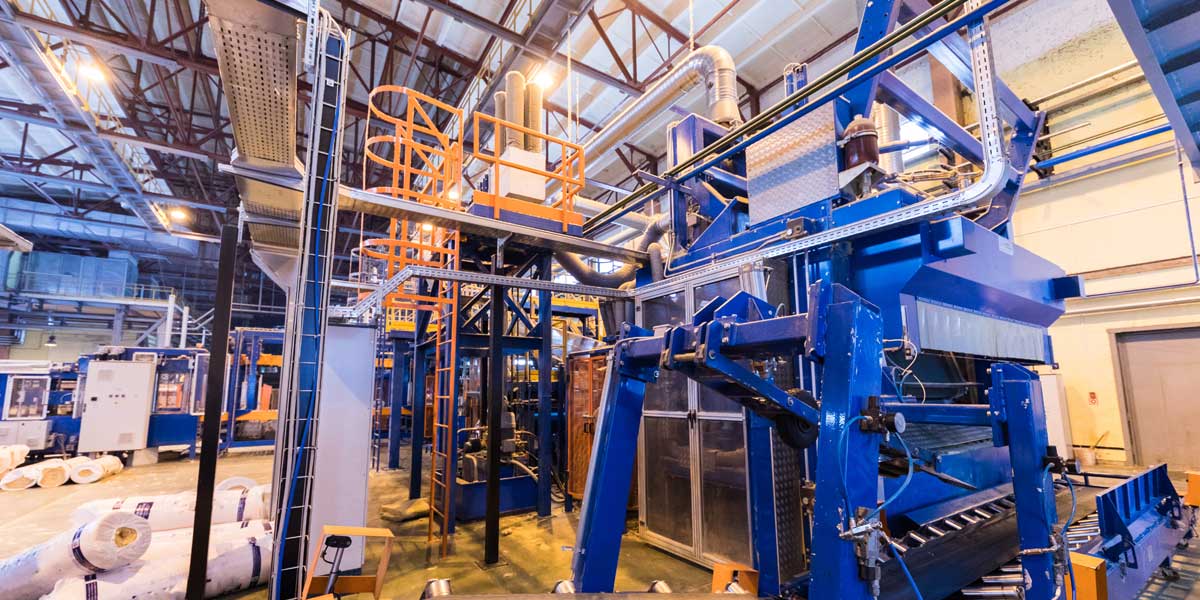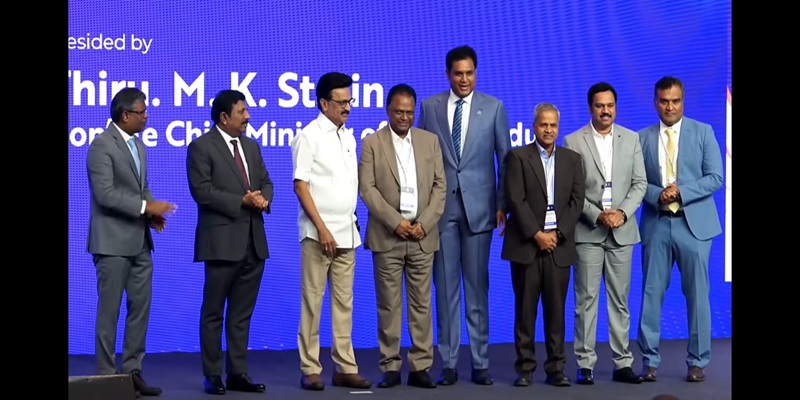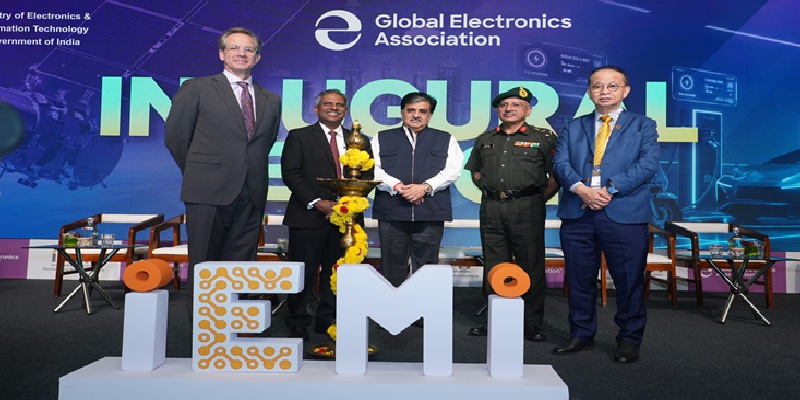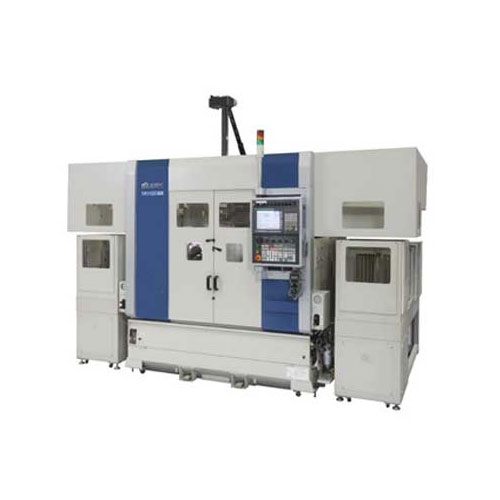Schedule a Call Back
India emerges as a global manufacturing hub: K L Bansal
 Articles
Articles- Feb 18,25

India, which strives to achieve its ambitious goal of becoming a developed nation by 2047, is on a transformative journey to position itself as a global manufacturing powerhouse. The manufacturing sector, which contributes around 17 per cent to the GDP and provides employment to over 27 million workers, has emerged as a vital component of India’s economic growth. To realise its vision for development and growth, India is leveraging advanced manufacturing technologies, fostering people-centric strategies, and creating a robust ecosystem for growth.
Major industries like automotive, engineering, chemicals, pharmaceuticals, and consumer durables are driving this momentum. Supported by robust government initiatives, increased investments, and a burgeoning domestic market, India’s manufacturing industry has shown remarkable growth potential. As one of the fastest-growing sectors, it is poised to accelerate India’s journey towards economic transformation and self-reliance.
Drawing global attention
The unprecedented growth and performance of the Indian manufacturing sector resulted in increased interest of domestic as well as global investors. Moreover, the government’s push and futuristic measures and schemes have further stimulated investors’ sentiment; they are actively exploring the investment opportunities in the sector. As a result, the FDI inflows in the sector have reached $165.1 billion, a rise of 69 per cent as compared to the previous decade. This momentum is expected to gain further strength in 2025 and beyond as the local manufacturing is on the priority of the government.
Driving efficiency and innovation
The advent of advanced manufacturing technologies is revolutionising India’s industrial landscape. These technologies are not only enhancing productivity and efficiency but also ensuring global competitiveness. Below are some key areas where technological advancements are shaping India’s manufacturing sector:
The adoption of these technologies not only boosts productivity but also ensures India’s readiness to cater to global markets with high-quality products. By investing in advanced manufacturing, India is signalling its commitment to innovation, efficiency, and sustainability, solidifying its position as a preferred manufacturing destination. Most importantly, this will enable India to export goods worth $1 trillion by 2030, positively impacting its foreign reserve.
Necessity of inspiring future workers
As advanced technologies redefine manufacturing, managing and empowering the human workforce remains crucial. India’s demographic dividend presents a unique opportunity to develop a skilled and diverse workforce that can drive the sector’s growth. Key focus areas include:
By focusing on people management, India is building a workforce that is not only skilled but also diverse and inclusive. This human capital will be instrumental in driving innovation, ensuring quality, and maintaining India’s competitiveness in the global market.
Confluence of technology and talent India’s journey to becoming a global manufacturing hub is characterised by the seamless integration of advanced technologies and a skilled workforce. The combination of these elements ensures that Indian manufacturers can cater to the evolving demands of international markets while adhering to the highest standards of quality and sustainability.
Government initiatives like ‘Make in India’ and Production-Linked Incentive (PLI) schemes are further bolstering the sector by attracting foreign investments and promoting domestic production. These policies, coupled with a focus on technology and people management, are creating an ecosystem that fosters growth, innovation, and global competitiveness.
Challenges affecting growth
While India’s manufacturing sector holds immense potential, it faces myriad challenges that need to be addressed to boost the growth of the sector. The following challenges create hurdles:
What needs to be done?
It is imperative to address these issues as early as possible to promote growth. This requires a collaborative approach involving the government, industry, and academia. The road ahead for India’s manufacturing sector involves:
Conclusion
As India’s manufacturing sector focuses on export oriented manufacturing, integration of advanced technologies into their operation has become inevitable. The sector must explore the possibilities of employing cutting edge technology solutions to improve efficiency, scalability, and quality. At the same time, it’s also crucial to prepare a workforce who can utilise these technologies effectively and reap the maximum benefits.
By leveraging these pillars, India can not only enhance its domestic capabilities but also establish itself as a trusted global manufacturing hub. As the country marches towards its 2047 vision, a robust and dynamic manufacturing sector will undoubtedly play a key role in shaping India’s economic future, making it a preferred destination for ‘Making in India for the World’.
About the author:
Krishan Lalit Bansal serves as the Chairman and Managing Director of DEE Development Engineers, since its inception in 1988. Prior to establishing the company, he founded Development Engineers, a partnership concern, in 1986, which was dissolved in 1988. His entrepreneurial spirit extends to other ventures, including DEE Group Trust and DDE Piping Components Private Limited. Bansal has received numerous accolades, such as the 'Business Leader of the Year' in 2011 and the 'Lifetime Achievement Award' in 2016 from the Faridabad Industrial Association. He has also been honored with the 'Business Excellence Award' by the International Study Circle and the 'Rashtriya Rattan Award' by the All-India National Unity Council.
Photo Credit: Freepik
Related Stories

Calcom Vision Reports Record Q3 and 9M FY26 Revenue, Strong YoY Growth
Calcom Vision Limited posts highest-ever 9MFY26 revenue at Rs 150.3 crore, with robust growth across lighting and EMS segments.
Read more
Mahindra Expands Advanced R&D and Testing Facilities at Chennai MRV
Mahindra & Mahindra invests Rs 1,960 million to expand its Advanced R&D and testing facilities at Mahindra Research Valley, creating 2,000 new jobs and reinforcing Chennai as an innovation hub.
Read more
IEMI 2026 Concludes with Strong Industry and Defence Outcomes
IEMI 2026 concluded in Bengaluru with over 1,800 delegates, key MoU signings, industry reports, and global participation reinforcing India’s electronics manufacturing ambitions.
Read moreRelated Products

Digimatic Smart Caliper
Veekay Industries offers a wide range of digimatic smart caliper.

Compact Fmc - Motorum 3048tg With Fs2512
Meiban Engineering Technologies Pvt Ltd offers a wide range of Compact FMC - Motorum 3048TG with FS2512.

Digital Colony Counter
Rising Sun Enterprises supplies digital colony counter.












